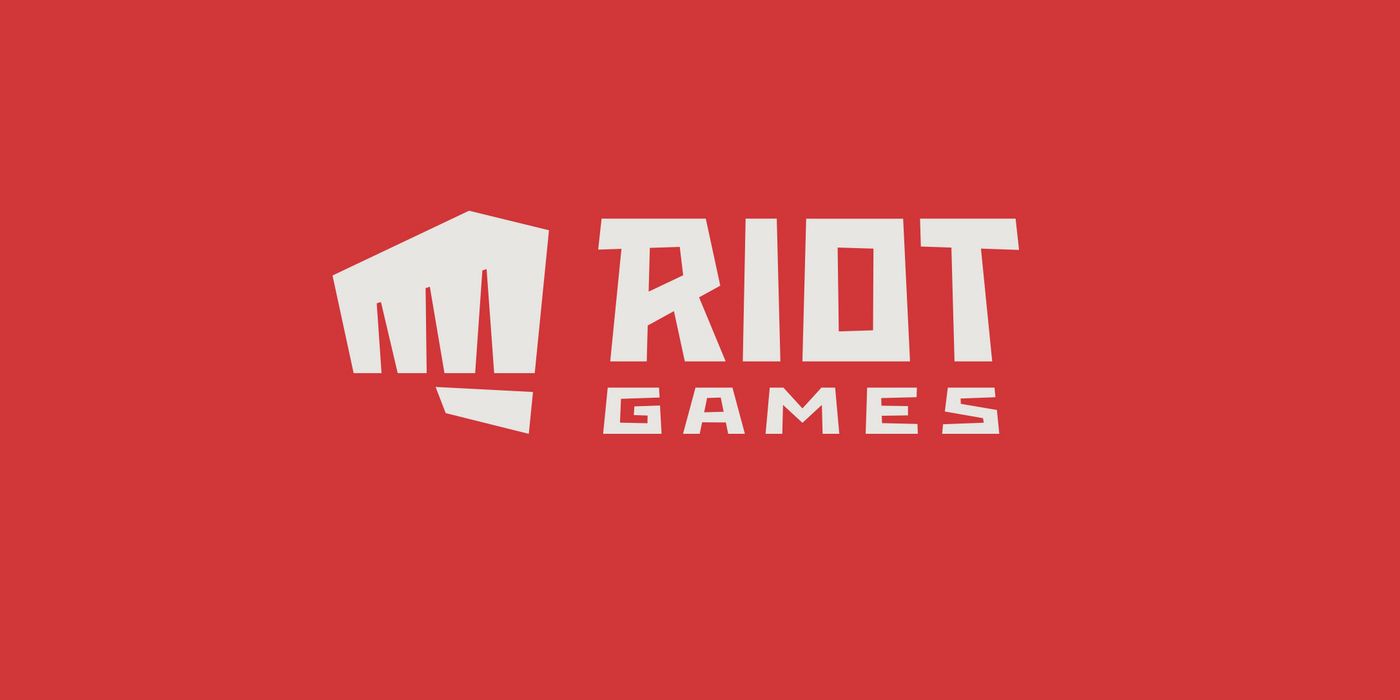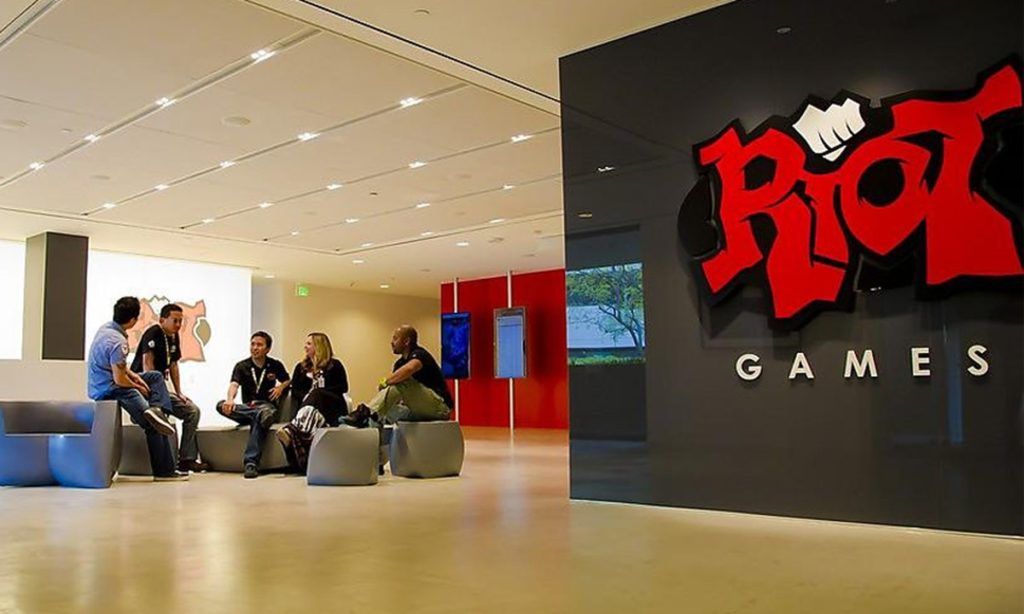
Valorant and League of Legends developer Riot Games' ongoing gender discrimination controversy doesn't look like it'll be wrapping up any time soon, and it's been revealed that Riot is still forcing out-of-court arbitration on affected former staff. The move, if approved in court, would compel plaintiffs to battle the company individually before a judge out of the public eye, a practice that notoriously favors employers.
The discrimination suit and Riot's subsequent legal woes kicked started 2018, when a report unearthed a toxic "bro culture" that permeated Riot's workplace environment, where sexual harassment, misgendering, and favoritism of male employees over their female peers were commonplace. Despite Riot's assertion that it had already taken steps to rectify the situation, more former and current employees came forward to detail their own experiences while working for the company. Riot enraged many after the company's female employees filed a class-action lawsuit against the company for gender discrimination, prompting its management to promise to eliminate a mandatory arbitration clause from employee contracts (for new employees only). The studio later rescinded that promise altogether.
Riot's attitude towards gender discrimination and out-of-court arbitration led to a massive walkout of over 150 employees and a subsequent lawsuit filed by the State of California against the company for allegedly refusing to cooperate with the legal investigation into the discrimination claims. That attitude continues two years on, as Eurogamer reports that Riot has pushed for and succeeded in setting in forced arbitration. While plaintiffs are not bound by confidentiality clauses and are free to discuss their cases publicly, as well take part in selecting an arbitrator for their hearings, this form of arbitration can severely weaken the prosecution by effectively dividing and conquering each claimant individually.

The move is possibly a rebuttal of the plaintiffs' rejection of a $10 million settlement that Riot offered in an attempt to end the suit, which was far less than what the plaintiffs in the case deserved. Riot's likely end goal of enforcing individual arbitration is a David versus Goliath situation, in which where Goliath comes out the victor. Cases seeing large companies face off against individuals may garner significant public interest when the person wins, but that's because that's a rare outcome. Riot may not be a juggernaut of the gaming industry, but it has the corporate backing of major companies like Tencent, of which Riot is a subsidiary. This means it has to capital, lawyers, and legal loopholes that individual plaintiffs simply can't access.
Riot continues to insist that it's making proactive moves to amend its toxic, misogynistic workplace environment, but many perceive it to have so far it's been all talk and no meaningful action on that front. Enforcing individual arbitration further demonstrates that it has no interest in settling the issue fairly, but expediently. Between Riot, Ubisoft, and other companies' recently exposed internal dysfunction and misconduct, the rampant discrimination against women, people of color, and other oppressed groups in the gaming industry is far from a thing of the past.
Source: Eurogamer
from ScreenRant - Feed https://ift.tt/3j18G7u

No comments: